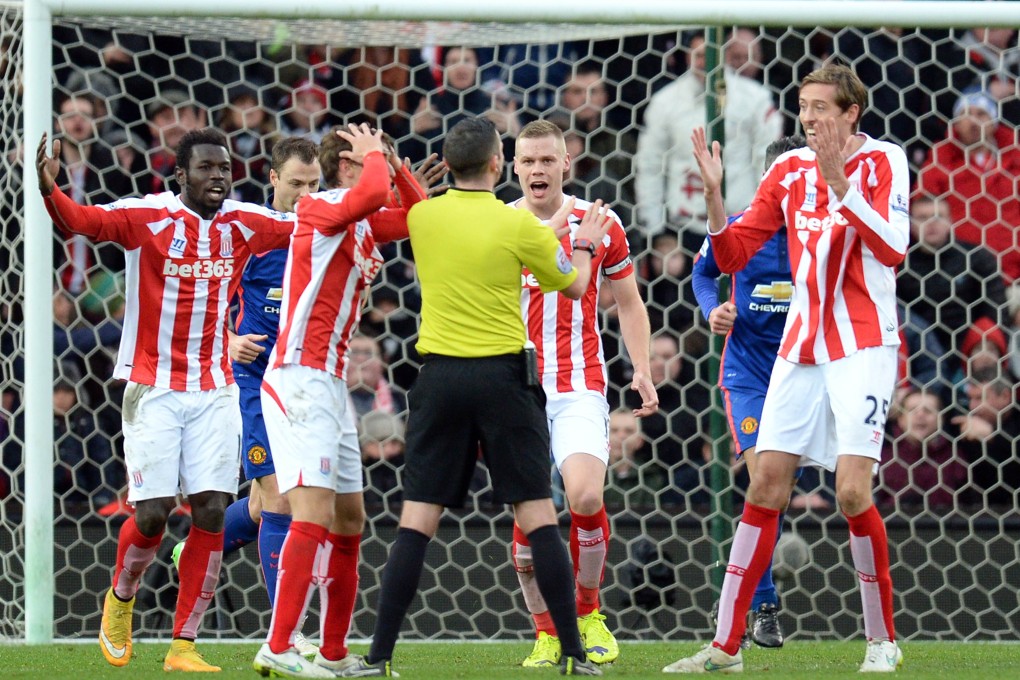The Rational Ref | Getting handball calls right is no easy matter
The official with the whistle does not have the benefit of instant replays

When is handball not handball? When the referee says so.
On New Year's Day, there were enough handball incidents in the English Premier League to help everyone understand the definition. If only players, coaches, fans and commentators would pay attention.
For a start, it does not just involve the hand but the whole arm. The arm - the area uncovered as if players were wearing sleeveless shirts - is the only part of the body that can be penalised for contacting the ball.
This demonstrates how difficult it is for referees to make real-time decisions based on one look, while pundits and critics have the luxury of video replays
The referee must first decide whether the handball is deliberate. He must consider whether the movement is hand-to-ball and not ball-to-hand; whether the distance between the opponent and the ball leads to an "unexpected ball"; and whether the position of the arm is "natural".
In Chelsea's 5-3 loss to Tottenham Hotspur, Blues boss Jose Mourinho bemoaned the fact referee Phil Dowd refused to award a penalty when they were leading 1-0. Although the ball hit the arm of Spurs' Jan Vertonghen, who had fallen in his penalty area, it was not deliberate. Dowd was correct.
Contrast this with Stoke's goalless draw with Manchester United. At a Stoke corner, Peter Crouch headed the ball which hit the flailing arm of United's Chris Smalling. Smalling had made his body area bigger by spreading out his arms - deliberate handball because the position of the arm was not natural. But referee Michael Oliver did not award the penalty despite being in a great position.
Another referee, Mike Jones, apparently saw something that did not happen. In the 2-2 draw between Leicester and Liverpool, Jones whistled Liverpool's first penalty for a handball that never was. Video replays showed the ball hit Leicester's Wes Morgan in the face. Former Leicester striker Gary Lineker called it the "worst penalty decision ever".
